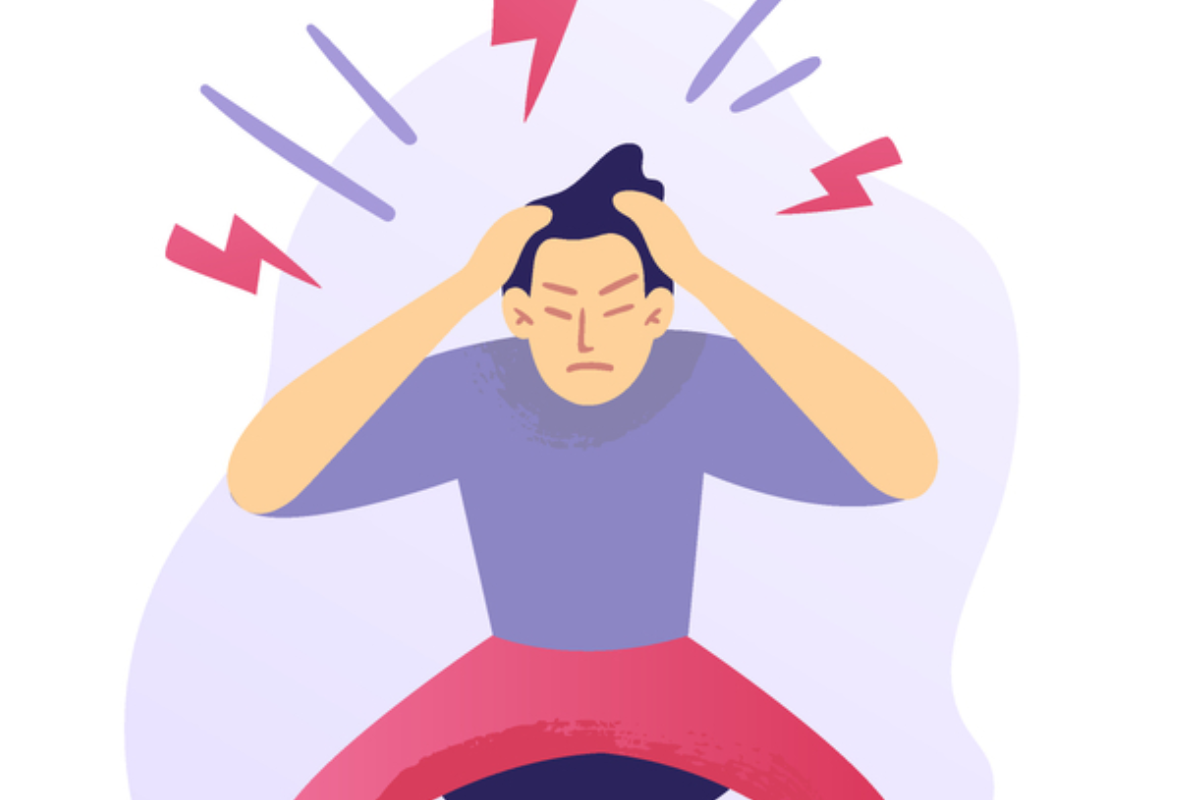
Post-Traumatic Stress Disorder (PTSD)
Post-traumatic stress disorder (PTSD) has both physical and psychological symptoms. PTSD is caused by distressing, frightening or stressful events, and sufferers tend to continually re-experience these events as nightmares or flashbacks.
As a result, sufferers are prone to re-experiencing the emotions they felt at the time of their ordeal, which are often accompanied by new feelings of dread, alarm and panic. Sleeplessness, irritability and feelings of isolation are also common. It is not surprising that PTSD can have a powerful impact on everyday lives.
Therapy can make a significant difference in the quality of life of PTSD sufferers. For example, hypnosis, Cognitive Behavioural Therapy (CBT), psychoanalysis and Eye Movement Desensitisation and Reprocessing (EMDR) can all be used with positive effects. Therapeutic and medical treatments are frequently used at the same time.

Pregnancy
All pregnancies are significant. Beyond bringing new life into the world, the product of pregnancy – whether successful or not – will affect the mother, the family and wider society.
Usually, these are positive effects, but sometimes there is confusion and distress, particularly if the pregnancy is unplanned. An imminent birth will affect a relationship, have financial implications and change lifestyles.
Not all pregnancies are welcome and if abortion is the chosen option then this too can cause strong emotional reactions. Relief, sorrow, guilt, confusion and mourning are clashing emotions that frequently accompany abortion, especially in situations where the mother was under pressure to keep the child.
Soon-to-be parents who have suffered one or more miscarriage may also seek professional help. The grieving process is frequently short-lived – at least in public – in light of an apparent lack of social concern. Grieving parents often bury the loss of a child and their dashed hopes in an inaccessible but painful place.
Family members have their own reactions, some of which cause confusion. Therapy can provide insight, give pause and guide towards understanding. It will help you explore your emotions surrounding pregnancy and give you time to develop your feelings for the events that lie behind you, around you and ahead of you.

Psychosis
You, or somebody you know, may be interpreting everyday voices, signs and media in different ways from most people. They may be suffering from psychosis. There are two main symptoms.
First, hallucinations. Perhaps somebody is hearing voices, sensing a smell or seeing something that just isn’t there? Or even experiencing a taste of something that has been nowhere near their mouth?
Second, people with psychosis are often delusional. They may develop some form of alternative persona or possibly show growing grandiosity. It is quite common for sufferers to feel persecuted. In any case, there will be a noticeable loss of contact with reality. Profound psychoses may also lead to catatonia.
The earlier psychosis is treated the better. Medication, through antipsychotic drugs, is available. This, in conjunction with calming psychotherapy, can have profoundly positive effects. Hypnosis and mindfulness can be particularly effective.

Relationship Issues
People may have issues within their various relationships. These often stem from a compromised sense of identity (see Identity Issues on this site).
Either way, conversations can become strained and people feel excluded, causing emotions such as resentment, jealousy, favouritism and isolation.
Relationship therapy can help you explore patterns of interaction between couples and groups, improving the way you relate to people around you. Therapy will help uncover other people’s incentives and perspectives. It will help break embedded patterns of existing – potentially negative – behaviour and open new paths of communication. Relationship therapy can be effective with even highly complex relationship issues.

